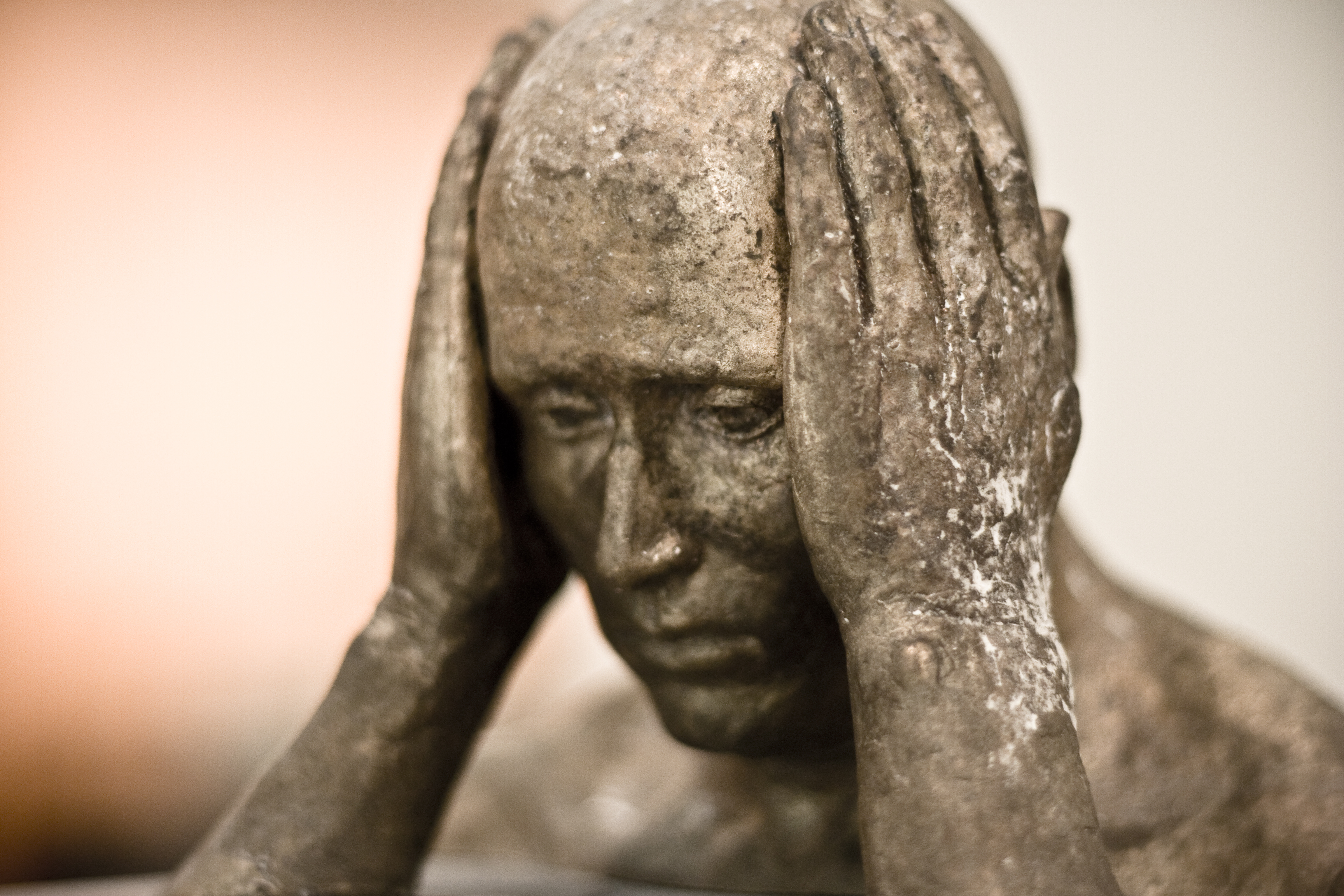FreeKaner
Prophet of the Dumpsterfire
D&D paladins are explicitly modeled after Charlemagne. The problem is that faux-D&D and other RPGs turned them into fighters with healing that pay lip service to some god, and frequently they don't even do that anymore. No code, no ethos, no fealty, no chivalry.
No they are not. Paladins in DND are essentially a combination of medieval knights-errant tales and religious military orders such as Knights Templar or Knights Hospitaller. Charlemagne's Paladins were not a religious military order like the crusader orders are. They were an order of sworn knights. While following code of chivalry and aspiring to be good Christians they were fundamentally a military caste who swore fealty to Charlemagne. A Paladin order thus should follow a code of principles, as well as swear fealty to a person or organization, while being religious is part of their morality it wasn't what distinguished them particularly. Paladins were not mere knights holding small fiefs or what not as the crusaders were, they were very high up in the ladder too. In that regard the "Paladin" should be akin to western version of how "Daimyo" (thus generally samurai as represented in media) would be, as duty-sworn, bound by code of morals, loyal and representing in-cultural virtues, the latter which was shaped by their religious character.
Last edited:

















